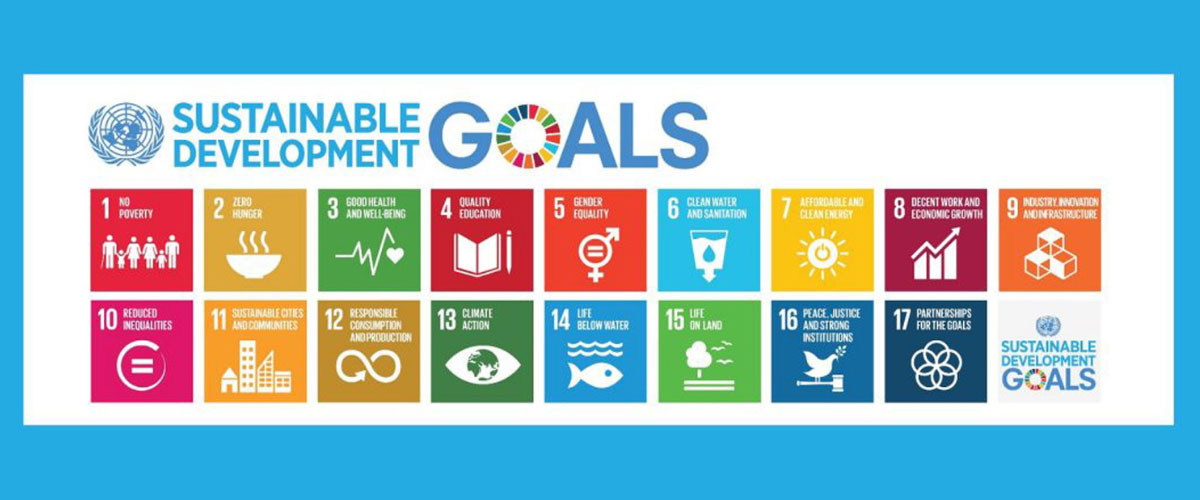South Asian Forum for Environment

CRACK (Center for Community Resilience Adaptation and Climate Knowledge) is integral to the community climate-change adaptability program of SAFE. This is one of its kind, ‘Living Lab’ in the nation to combat climate change in the disaster den of climate-vulnerable Sundarbans. The main theme behind developing CRACK is to augment community resilience and disaster preparedness within climate-vulnerable coastal areas of the Sundarbans.
In 2007, SAFE launched the project TREE, Teen Require Environmental Education in local schools and colleges. The student’s feedback report revealed that they are tired of reading environment books and now they seek an opportunity to make some practical contribution to the environment. This project has successfully created great scope for students to participate in the actual field activities bringing them close to the community. This has initiated learning by doing it in a more recreational way.